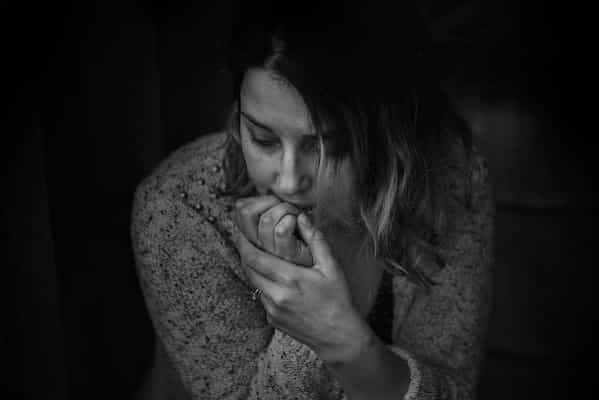Kinds of Depression, Symptoms, & Treatments
Kinds of Depression, Symptoms, & Treatments
 Major depression
Major depression
Major Depression is indicated by six or more signs and symptoms of depression that considerably hinder an individual’s capability to enjoy life and experience pleasure. The signs and symptoms are constant, varying from moderate to severe and when left without treatment can last for 2 months or longer. While an episode of major depressive disorder may happen only once in a while, it’s frequently a recurring problem for many sufferers.
Persistent depressive disorder (dysthymia)
Dysthymia is like a low-grade depression but it is chronic, lasting a minimum of 2 years. While not always crippling, dysthymia can prevent an individual from fully taking pleasure in existence or feeling well. Additionally, individuals with dysthymia may go through a number of instances of major depressive disorder (double depression) within their lifetime.
People who are suffering from dysthymia frequently seem like they have been depressed for a long time, as though being down all the time is “just who they really are.” However, dysthymia can be treated, permitting people to live considerably enhanced lives.
 Postpartum depression
Postpartum depression
Postpartum depression may seem to be the “baby blues,” in the beginning, but signs and symptoms tend to be more intense, more durable and hinder daily tasks and the opportunity to look after the baby. Postpartum depression is a serious condition that needs active treatment and emotional support for the parent. Left without treatment, postpartum depression may last for a year or longer.
Seasonal affective disorder (SAD)
Seasonal affective disorder (SAD) is indicated by the start of depression throughout winter, and is more prevalent in northern environments. The depression generally lifts throughout spring and summer when there’s more contact with natural sunlight.
Atypical depression
Atypical depression is a very common subtype of depressive disorder. It’s indicated by temporary “mood lifts” as a result of an optimistic event. However, the lifts tend to be fleeting and the depression returns. Other signs and symptoms include elevated appetite and putting on weight, excessive sleeping and elevated sensitivity to rejection.
Psychotic depression
Psychotic depression is indicated by depressive disorder coupled with some type of psychosis, for example, hallucinations and delusions. People with psychotic depression might need to be put in the hospital because they are frequently unable to look after themselves.
 Symptoms
Symptoms
The severity and time period of depressive symptoms will be different for every person. However, you will find some common symptoms across most kinds of depression; for example:
- Feelings of hopelessness and helplessness
- Feelings of worthlessness
- Feeling physically drained
- Insomnia or oversleeping
- Overeating or appetite loss
- A persistent sense of sadness and/or anxiousness
- Difficulty concentrating
- Ideas of suicide, or suicide attempts
Treatments for depression
Before care can be given, possible accompanying ailments, including anxiety, anger management, trauma, relationship discord, drug or alcohol abuse, and elevated risk for self-harm will be assessed.
Therapy and Counseling
 As a victim of depression, you may find that despite your attempts at getting over the disorder, you are not having adequate success and also are finding too little social support. This is exactly where the help of professional mental care practitioners, psychologists and therapists comes into the picture. Many people need someone to listen to and understand them while offering them helpful advice specifically tailored to their life situations.
As a victim of depression, you may find that despite your attempts at getting over the disorder, you are not having adequate success and also are finding too little social support. This is exactly where the help of professional mental care practitioners, psychologists and therapists comes into the picture. Many people need someone to listen to and understand them while offering them helpful advice specifically tailored to their life situations.
In the Denver area there are many licensed therapists who specialize in the treatment of depression.
Medication
Numerous antidepressant medicines are also available to treat depression, categorized through which chemicals inside the brain (serotonin, norepinephrine or dopamine) they affect. Medication is prescribed by physicians, especially psychiatrists. It is possible and often ideal to combine medication with therapy.
